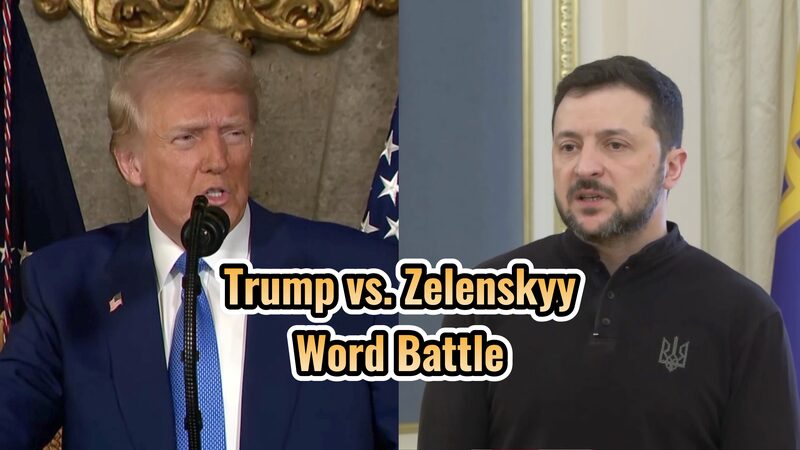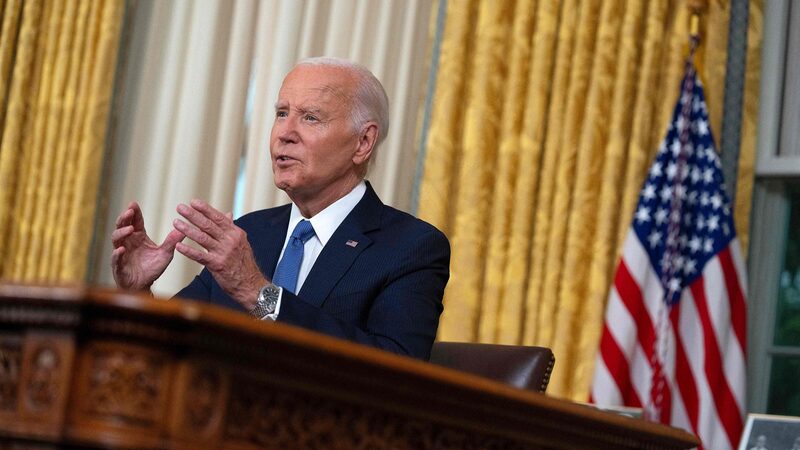In a fiery U.S. presidential debate, Democratic nominee Kamala Harris and Republican candidate Donald Trump clashed on nearly every issue—except one: their shared hardline stance against China. 🌏💥 While Harris pushed for progressive policies and Trump championed deregulation, both framed China as a geopolitical rival threatening global stability.
Trump fired the first shot, doubling down on tariffs and claiming China 'ripped us off for years.' 💸 'Tariffs work,' he insisted, framing them as non-negotiable in his economic strategy. Harris, meanwhile, criticized China's pandemic response, echoing accusations about transparency—a talking point often used by conservatives. 🦠 'We need accountability,' she asserted, signaling rare bipartisan alignment on the issue.
Experts say China-bashing has become a U.S. political staple, with over 170 campaign ads this cycle painting China as a villain. 🎥 'It’s low-hanging fruit for candidates wanting to look tough,' noted one analyst. With 55 days until the election, expect more rhetoric as candidates vie for the 'tough on China' badge. 🏷️
Why does this matter? For young professionals and investors, U.S.-China tensions could reshape trade and markets. 🌐 Students and diaspora communities, meanwhile, watch closely as cross-Pacific narratives evolve. Whether this debate shifts voter minds? Stay tuned. 📈🗳️
Reference(s):
Harris and Trump debate agrees on little except bashing China
cgtn.com



